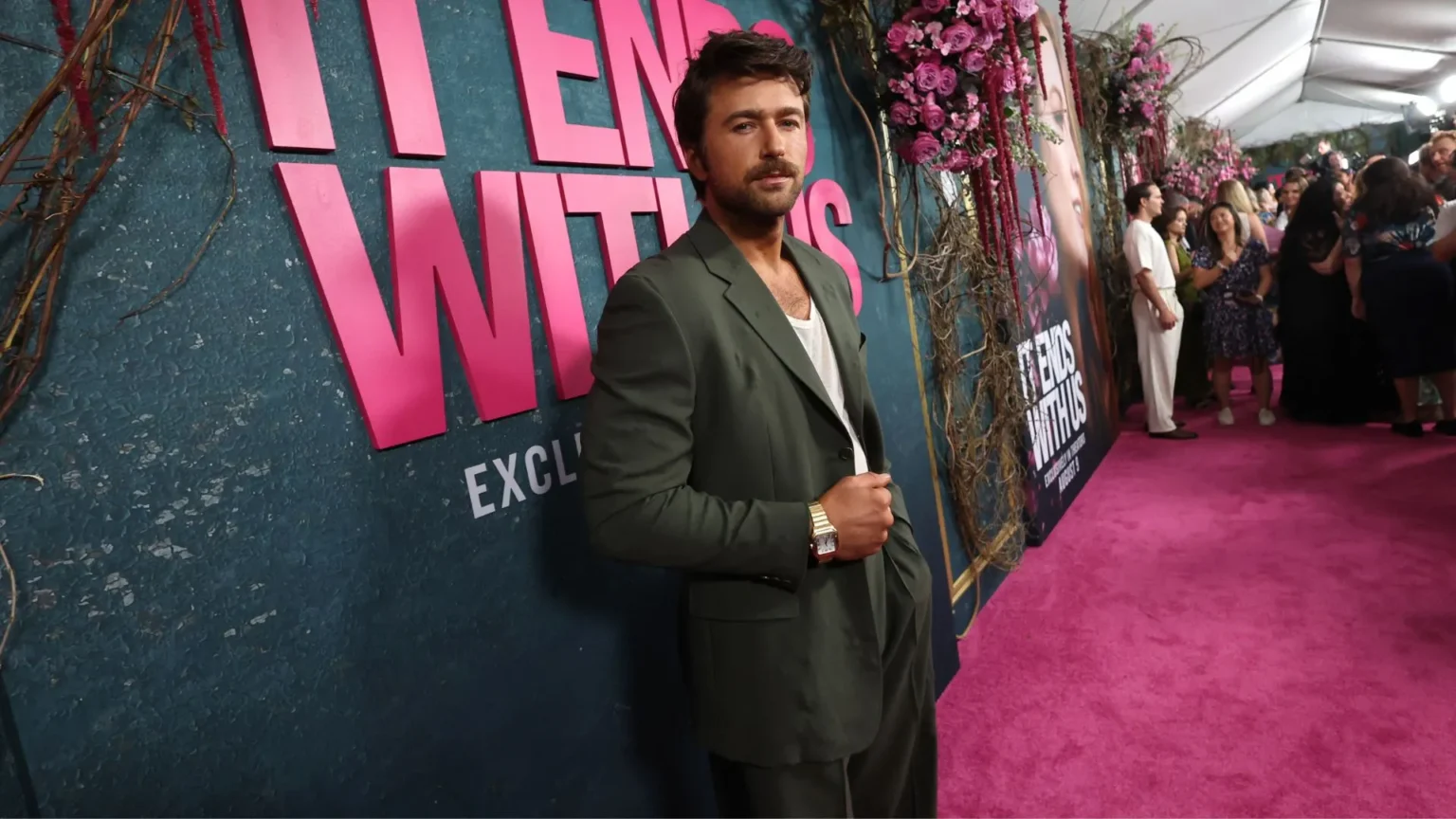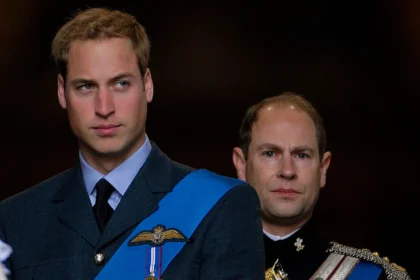Brandon Sklenar, who played Atlas Corrigan in the movie adaptation of Colleen Hoover’s novel It Ends With Us, has finally spoken out in support of the women involved in the project amid controversy.
He addressed the rumors on Instagram, which began circulating after fans suspected a feud between director Justin Baldoni and star/producer Blake Lively.
“Colleen and the women of this cast stand for hope, perseverance, and for women choosing a better life for themselves,” wrote Sklenar, 34.
“Vilifying the women who put so much of their heart and soul into making this film because they believe so strongly in its message seems counterproductive and detracts from what this film is about. It is, in fact, the opposite of the point.”
In It Ends with Us, Blake Lively portrays Lily Bloom, a florist entangled in an abusive relationship with Ryle Kincaid, played by director Justin Baldoni.
Of the film, Sklenar wrote on Instagram, “What may or may not have happened behind the scenes does not and hopefully should not detract from what our intentions were in making this film. It’s been disheartening to see the amount of negativity being projected online.”
Rumors of a rift between Lively and Baldoni have surfaced during the promotional tour for the movie.
Signs of tension include Baldoni doing solo interviews, not taking cast photos at the NYC premiere, and not being followed back by Lively, Colleen Hoover, and others on Instagram.
Sklenar went on to say in his Tuesday post that “someone very close to me has been struggling with a relationship that has mirrored Lilly’s [sic] closely,” and as a result, “I feel a responsibility to bring this to life and help spread that message further.”

“Prior to my involvement in this film, she had not heard of the book. It was only then that she read it. She credits Colleens book and subsequently this film with saving her life,” he continued.
“There isn’t a single person Involved in the making of this film that was not aware of the responsibility we had in making this. A responsibility to all the women who have experienced generational trauma – Domestic abuse – Or struggle with looking in the mirror and loving who they see.”
Sklenar also called the film a “harsh reality check for the men who need to get their s— together and take responsibility for themselves and their actions,” adding that it is “meant to inspire” as well as “validate,” “recognize” and “instill hope.”
“It’s meant to build courage and help people feel less alone,” he added.
“Ultimately it’s meant to spread love and awareness. It is not meant to once again, make the women the ‘bad guy,’ let’s move beyond that together.”





